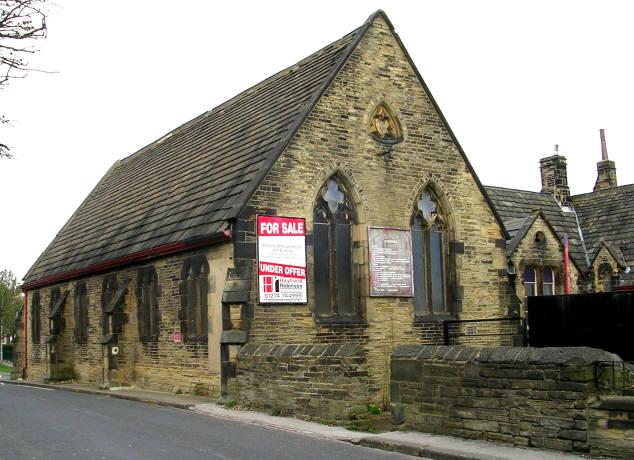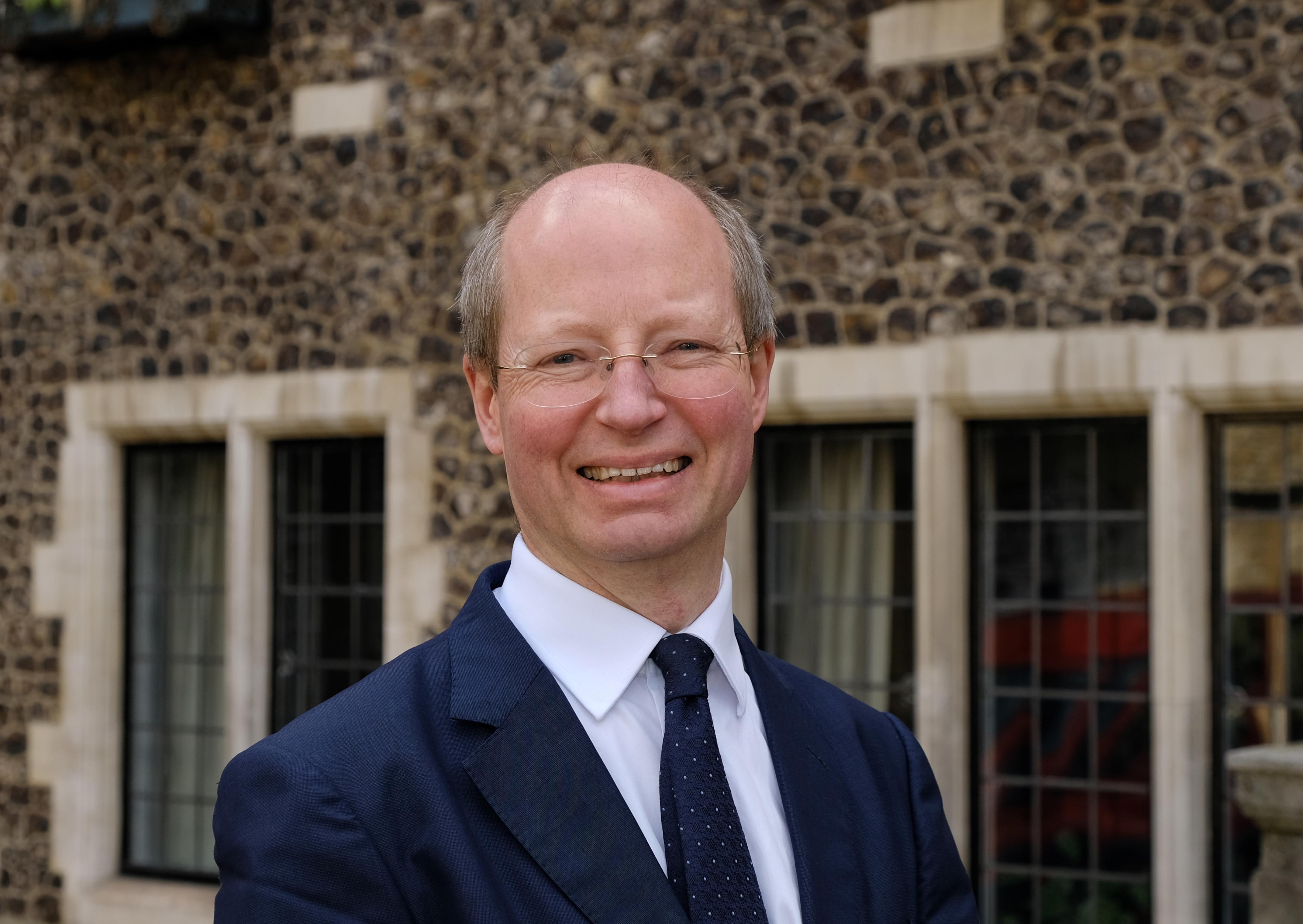The UK is facing a major heritage crisis – and time is running out to stop it. With the future of many church buildings uncertain, we risk losing not only the priceless heritage of these buildings, but also the social and community good that churches provide. The National Churches Trust Chair, Sir Philip Rutnam, has been speaking to the media about this important issue.
Church closures
Across the UK, over 5,000 churches and chapels have been closed in the last ten years. The Church of Scotland is now looking to close hundreds of its buildings in the next few years.
Sir Philip Rutnam spoke out on the impact these closures could have on BBC Radio Four’s Sunday programme.
“... For anyone who is concerned about the role these buildings play, particularly in our poorer and more isolated communities, [as well as] the role that they play in the incredible history and identity of our communities and our country as a whole, it should be a real cause for concern,” shared Philip.
"The situation in Scotland is more striking in a sense, but you can see a similar thing happening in truth in Wales [and] you can see the rates of closures rising in some parts of England.”

Local champions, local burden
Talking to Andrew Marr on Marr’s LBC radio show, Sir Philip highlighted the importance of churches in national and community life.
“These buildings are central to our sense of identity, [our] sense of place,” explained Philip.
“Now the really significant thing about parish churches and chapels is that the responsibility for them falls almost entirely on the shoulders of local people. It falls to the congregations – to the vicar and churchwardens, to the church council, to the congregation itself – to make sure that this building is kept in good repair...”
And they aren’t just caring for the architecture. Churches offer wide-reaching support to help their local communities – particularly in their time of need.
Community heroes
Sir Philip also highlighted the huge contribution to social good made by churches.
“There are more food banks that are run from churches across our country than there are branches of McDonald's,” Philip continued in his discussion with Marr.
“...They've been used as warm shelters in cold periods and cool shelters in very hot summers. They are the biggest single resource for youth groups, mum and toddler groups [and] they're used by groups like Alcoholics Anonymous or Narcotics Anonymous for appropriate meeting spaces.
“They're an incredibly important social resource and the organisation I chair – the National Churches Trust – recently did an analysis of them. [They] tried to estimate the value of these buildings to our economy and society... We didn't try putting a price on the value of heritage as such, but simply the kind of social services we've been talking about. And we came up with a figure of 55 billion pounds a year of value provided to our society by these buildings, which as I say, are the responsibility of local people.”
We can’t let churches crumble
These figures, taken from our The House of Good research, show just how much we risk losing if church buildings are not kept in good repair.
Each year, the National Churches Trust awards around £1.5 million in grants to help keep church buildings open. Last year, we were able to help more than 150 churches. But there are so many more that need support to remain open and safe to use.
The responsibility for these historic buildings should not fall to local people and parishes to fund alone. The UK Government should review how church buildings are funded and offer more support. Failure to do so could mean we risk losing them forever.
Right now, our church buildings are in danger and if they are in danger, so are our most underprivileged communities.
The National Churches Trust will continue to speak up about this issue and push for the sustainable support that churches across all four nations urgently need.

